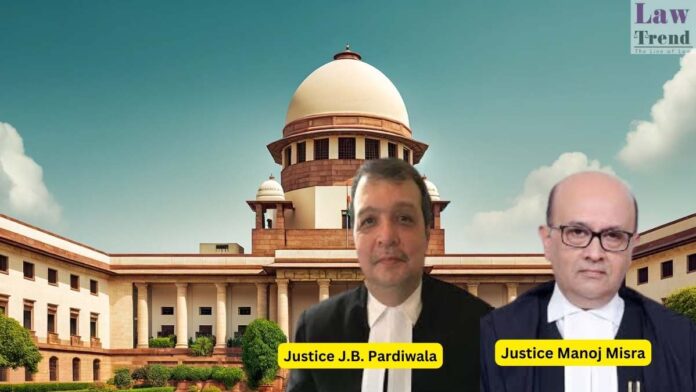In a landmark judgment delivered by a Supreme Court bench comprising Justice J.B. Pardiwala and Justice Manoj Misra, the apex court has ruled that deliberate and calculated actions to obstruct judicial directives amount to contempt, even in the absence of explicit prohibitory orders. The judgment came in Contempt Petition (C) Nos. 158-159 of 2024, filed
To Read More Please Subscribe to VIP Membership for Unlimited Access to All the Articles, Download Available Copies of Judgments/Order, Acess to Central/State Bare Acts, Advertisement Free Content, Access to More than 4000 Legal Drafts( Readymade Editable Formats of Suits, Petitions, Writs, Legal Notices, Divorce Petitions, 138 Notices, Bail Applications etc.) in Hindi and English.




